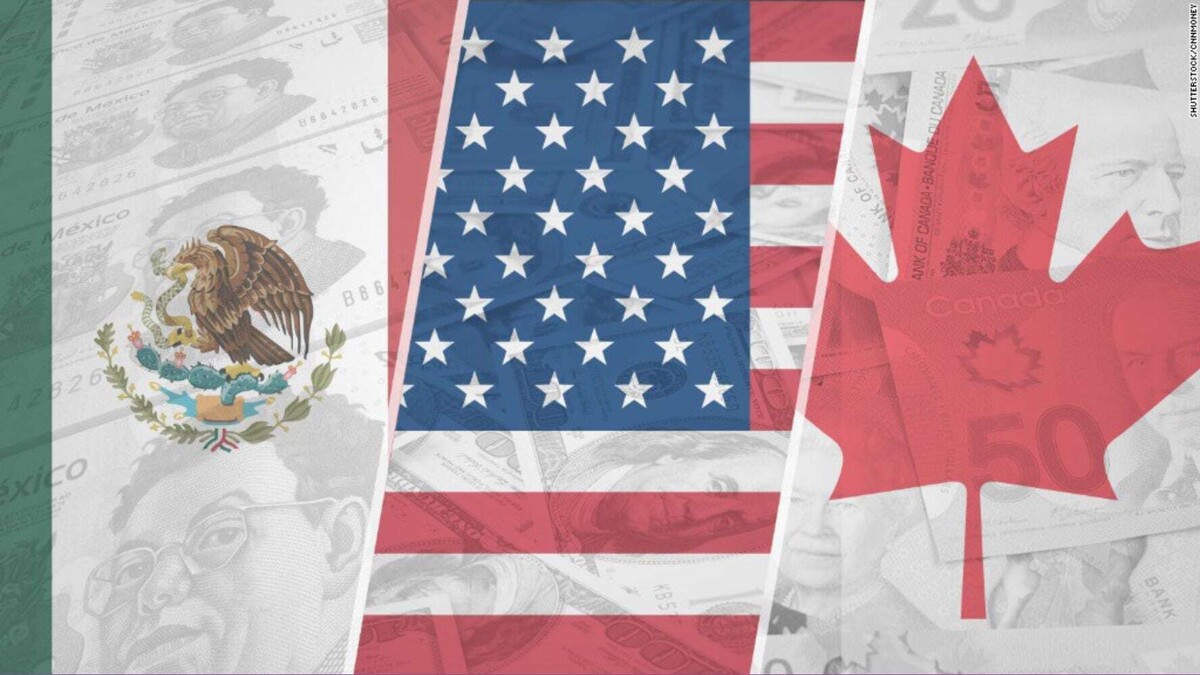
Restrictions on free trade and increased import taxes could affect the leadership of the United States as one of the world's freest economies. Donald Trump, despite his qualities, has made decisions without considering all the consequences, such as raising tariffs on his main trade partners, going against the principle of free trade that has been fundamental for the country's progress.
The United States stands out as the largest importer globally, offering products at competitive prices thanks to the ease of importing large volumes and internal competition. The openness to produce, import, and start businesses in the United States has been key to its development as a power in international trade.
Restricting free trade would affect not only Americans but also their trade partners like Mexico, and could undermine relations with the Mexican-American community, an important demographic group in the U.S. that has shown support for President Trump in the elections.
History has shown that the elimination of tariffs boosted progress in countries such as Western Europe and in the early days of the United States. Free trade has been a driver of economic and social development, benefiting the inhabitants of the involved nations. Therefore, an increase in tariffs between countries could harm both parties, undermining the basic principles of economic logic. In this sense, rectifying wrong decisions presents itself as a wise action that would benefit all parties involved.














